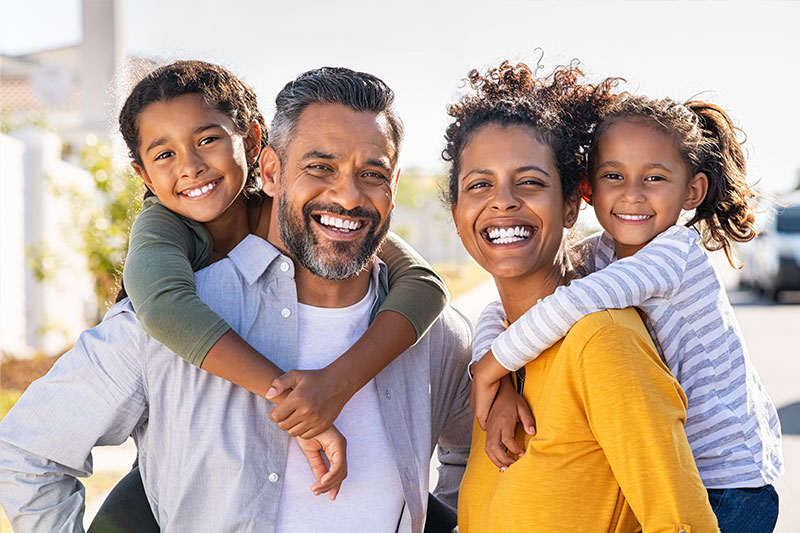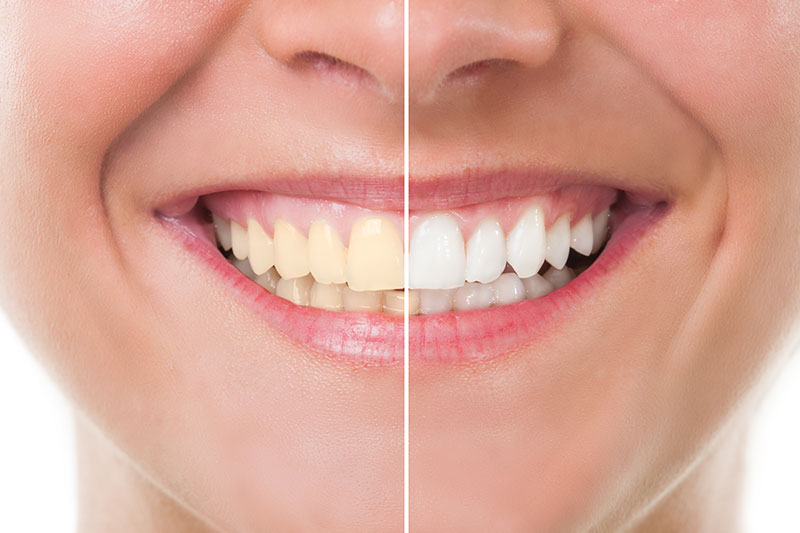Child Sleep Apnea

Many parents don’t realize sleep apnea afflicts children as well as adults. In fact, even two-year-olds have been diagnosed with this troublesome sleep disorder. Left untreated, sleep apnea can impair your child’s physical development and well-being.
What Is Child Sleep Apnea?
Sleep apnea refers to pauses in breathing during sleep due to a blocked airway. A child with sleep apnea could stop breathing repeatedly for seconds or even minutes. In severe cases, this occurs thirty times or more an hour. The brain responds by rousing the child to breathe. These continuous sleep interruptions lower your child’s oxygen to unhealthy levels with negative health impacts that can carry forward into adulthood.
Dr. Shapiro can address and correct the underlying cause of sleep apnea so children can live happier, healthier lives without sleep devices.
What is the underlying cause of sleep apnea? You may be surprised to learn your child’s jaw plays a major role in this condition.
Topics of Interest:
- Sleep Apnea and Your Child’s Jaw
- Your Child’s Airway and Healthy Sleep
- Harmful Effects of Child Sleep Apnea
- Child Sleep Apnea Symptoms
- A Life-Changing Approach to Child Sleep Apnea
- How the Vivos Oral Appliance Can Change Your Child’s Life
- When Should I Have My Child’s Airway Checked?
- Preventive Care for Sleep Apnea
Sleep Apnea and Your Child’s Jaw:
In the “olden days,” a child’s jaws and palate (the roof of the mouth) fully developed providing ample room for the tongue to rest comfortably inside the mouth. Everyday life changed, however. The activities which encouraged jaw and muscle development, such as breast-feeding and eating unprocessed foods, diminished. Therefore, modern children have underdeveloped jaws and smaller oral cavities. As a result, their teeth overcrowd the mouth while their tongue and jaws shift back into the airway. These structural issues can greatly impede your child’s ability to experience healthy, rejuvenating sleep.
Your Child’s Airway and Healthy Sleep:
During sleep, your child’s throat muscles and tongue relax. When the jaws and palate are fully developed, the tongue is suctioned up against the child’s palate and the airway remains clear. Nature intended it this way. If the jaws and palate are underdeveloped, however, the tongue—which is in a non-optimum position—cannot suction against the palate during sleep. Instead, it falls back into the throat cutting off the airflow. The throat muscles, also relaxed, expand into the airway and further obstruct it. This is the cause of sleep apnea or, to put it more precisely, obstructive sleep apnea. It deprives your child of the oxygen necessary to good health and can cause untold physical and mental problems for life.
Harmful Effects of Child Sleep Apnea:
As mentioned, child sleep apnea deprives a child of restful sleep and healthy oxygen levels. The result can be:
1. Stunted growth: The human growth hormone (HGH) is primarily secreted during sleep. Deprived of sound uninterrupted sleep, your child’s growth, such as height, will be impaired.
2. Ongoing Illness: The body repairs itself during slumber. When sleep quality is poor and oxygen levels are low, this critical repair cycle is disrupted. The result is a compromised immune system and a tendency toward illness.
3. Behavioral Problems: Lack of quality sleep can take its toll on your child’s mental outlook. This can include aggressive behavior, ADHD, irritability, anxiety and irrational fears.
4. Confused Thinking, Poor Scholastic Performance: Chronic lack of optimal sleep can create confused thinking and an inability to take in and retain information.
These are just a few of the significantly harmful effects of sleep apnea on children.
Child Sleep Apnea Symptoms:
Unfortunately, 90 percent of children with sleep apnea go undiagnosed and therefore untreated. Instead, these kids can be misdiagnosed with behavioral issues such as ADHD and wrongly prescribed psychiatric medication. The real issue is lack of consistently sound sleep.
If you are concerned your child may have sleep apnea, watch for these symptoms:
- Snoring
- Mouth-breathing when awake and/or asleep
- Pauses in breathing during sleep
- Gasping during sleep
- Trouble waking up in the morning
- Daytime fatigue
- Poor or confused reasoning
- Wetting the bed
- Underweight or stunted growth
- Chronically ill
- Behavioral problems
- Poor scholastic performance
A Life-Changing Approach to Child Sleep Apnea:
Dr. Shapiro can address your child’s sleep apnea with the Vivos oral appliance, a device that is revolutionizing treatment of sleep-disordered breathing.
The difference between the Vivos device and other oral appliances is the Vivos device gradually corrects the development of your child’s jaws and palate. The jaw assumes its optimal position in the mouth and the palate widens. The tongue then has the room it needs to suction up to the palate during sleep and keep the airway clear during sleep.
The Vivos appliance is all natural. Your child can acquire a clear, healthy airway without drugs or surgery. The results are unprecedented.
How the Vivos Oral Appliance Can Change Your Child’s Life
Here are some of the life-changing benefits of the Vivos appliance for your child:
- Provides permanent airway expansion; no lifelong treatment required
- Restores your child’s ability to experience sound, uninterrupted sleep
- Enables optimal oxygen levels during sleep which promotes growth and wellness
- Supports higher energy levels and a happier outlook on life
- Helps strengthen the immune system for fewer illnesses
- Is all natural and non-invasive
- Can eliminate the need for braces for younger children
- Contributes to improved scholastic performance
When Should I Have My Child’s Airway Checked?
Nighttime breathing disorders can affect even toddlers. Bring in your child at the first sign of breathing difficulties or any sleep apnea symptoms we’ve described above.
Preventive Care for Sleep Apnea:
Our diagnostic techniques can help detect a predisposition to sleep apnea in your child. The Vivos devices can correct these issues, too. We recommend parents bring in their children for a preventive sleep apnea exam.
Child Sleep Apnea Assessment

